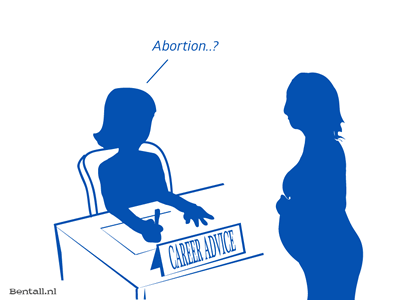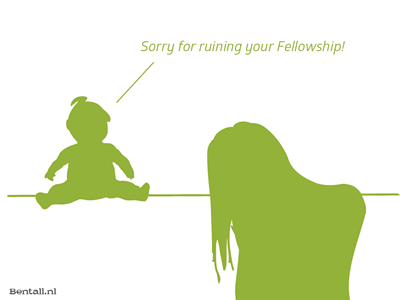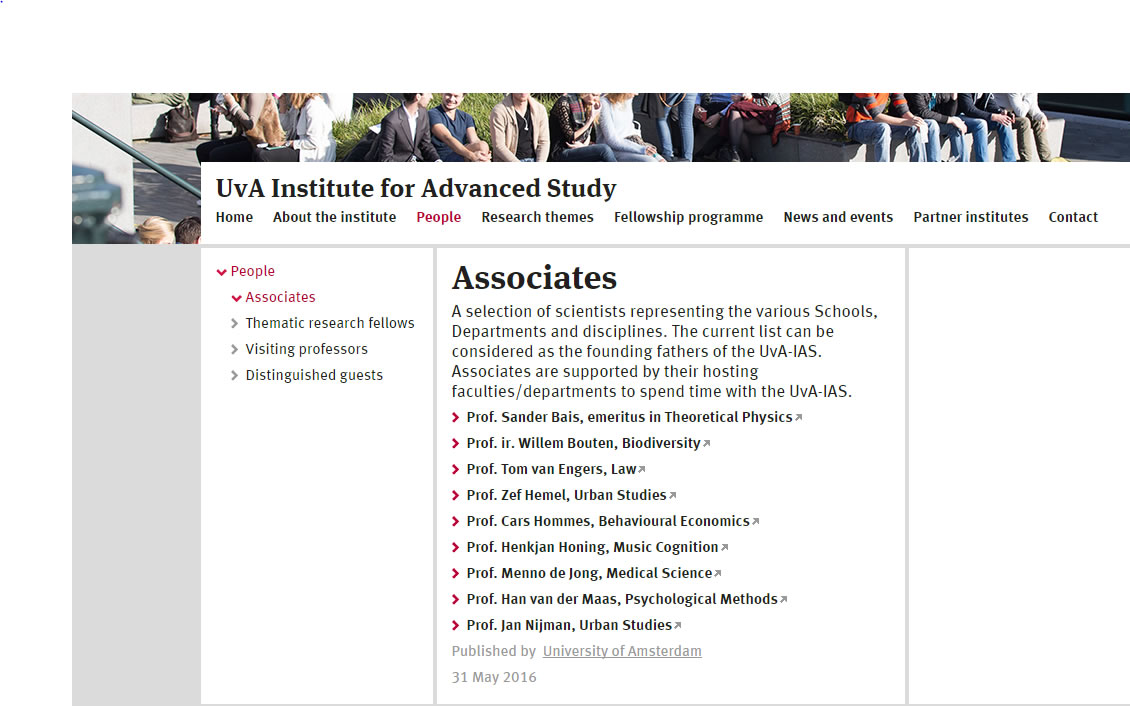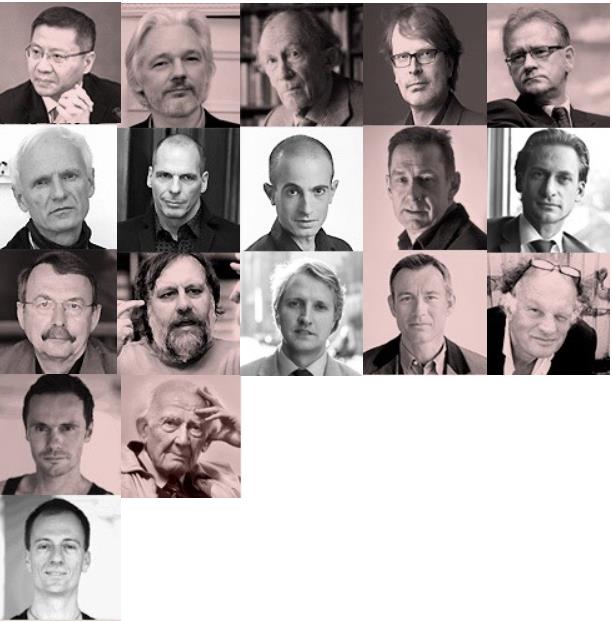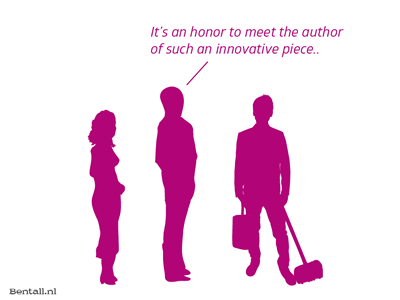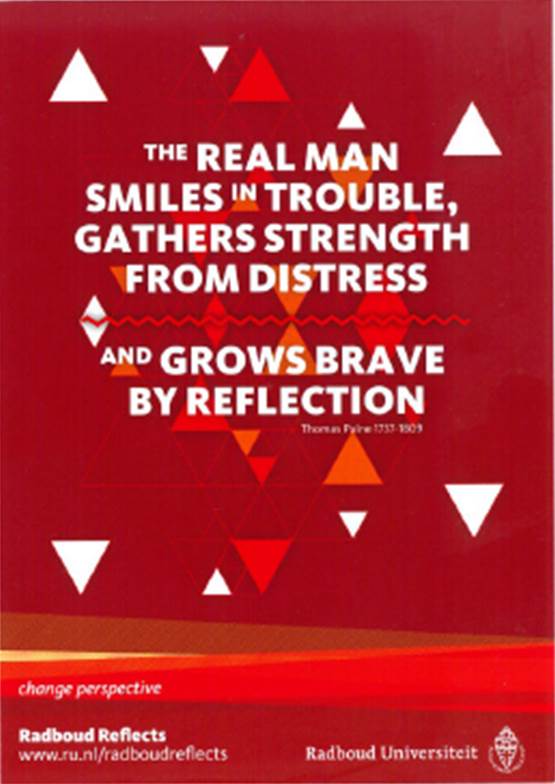When we discuss implicit discrimination of women in academia with other people, we often hear that they find it hard to relate to what we mean. In general, their assumption is that men and women receive the same treatment, and that it is a matter of personal choice if and when women decide to leave academia.
This idea does not comply with research results showing that women are often treated and approached in different ways than men are. By collecting concrete examples of these experiences, we hope to show more clearly how and why women often feel like they are appreciated less and even unwelcome in academia. Publicly reporting these 'offences' is an important step towards eventually eradicating them.
A few examples can be opened below.





 (Judi Mesman is a woman)
(Judi Mesman is a woman)